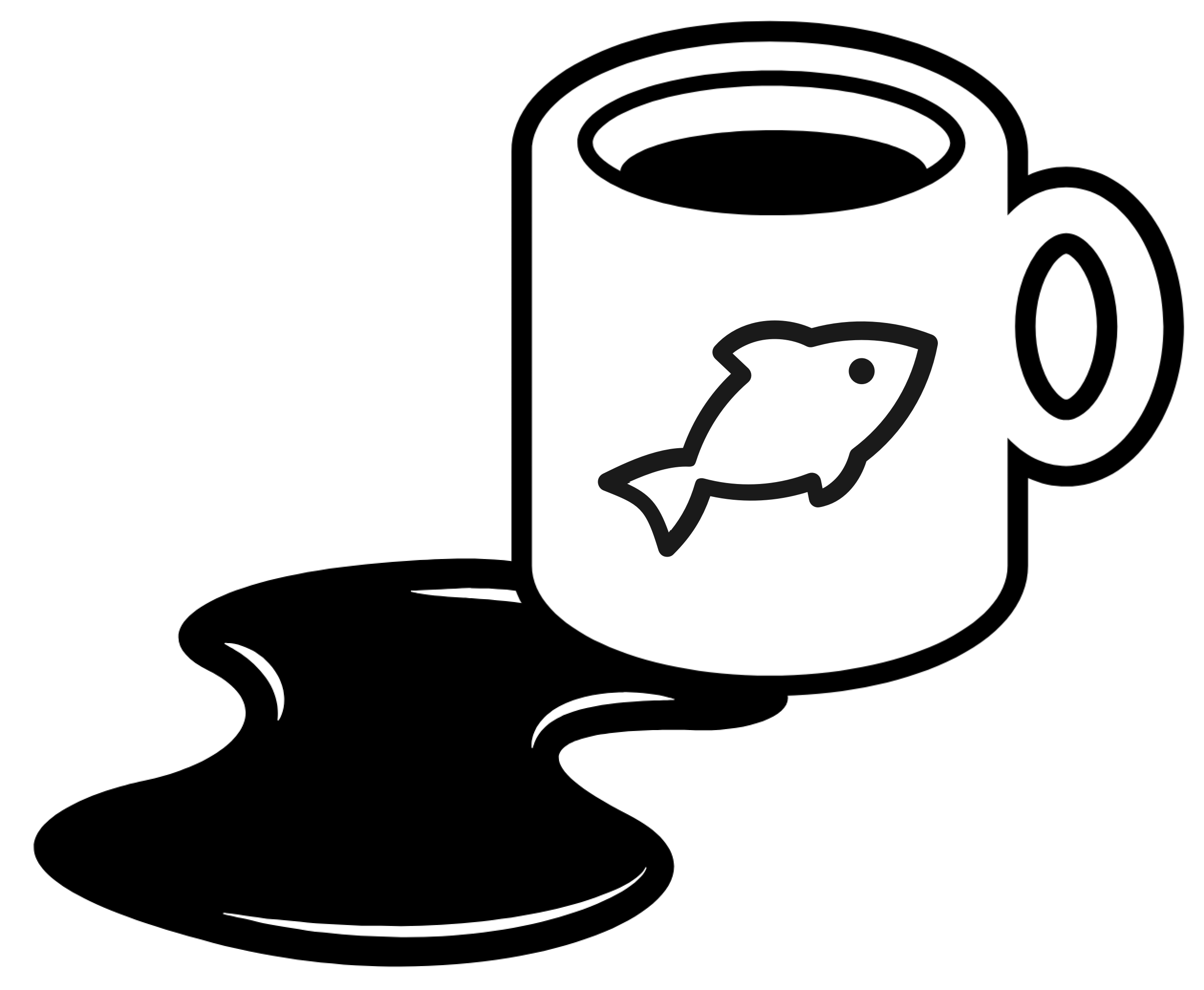Journalism
Over 35% of the 75,000 journalists working in the UK are self-employed, and numbers are increasing year on year.
Worryingly 85% of journalists experience work-related trauma with up to 20 percent experiencing depressive symptoms, yet there are still few dedicated resources for the sector, yet alone for freelancers.
Fortunately there are a number of fantastic communities focused on supporting freelance and self-employed journalists, which are starting to fill the gap.
- Hugely variable day rates and 'free' work
- Frequent ghosting from clients
- Emotional impact of topics
- Challenges Personal Boundaries
- High supply of freelancers

 Mental health tips and resources for journalists - IJnet
Mental health tips and resources for journalists - IJnet
 How To Safeguard Your Mental Health As A Journalist - JournoResources
How To Safeguard Your Mental Health As A Journalist - JournoResources

